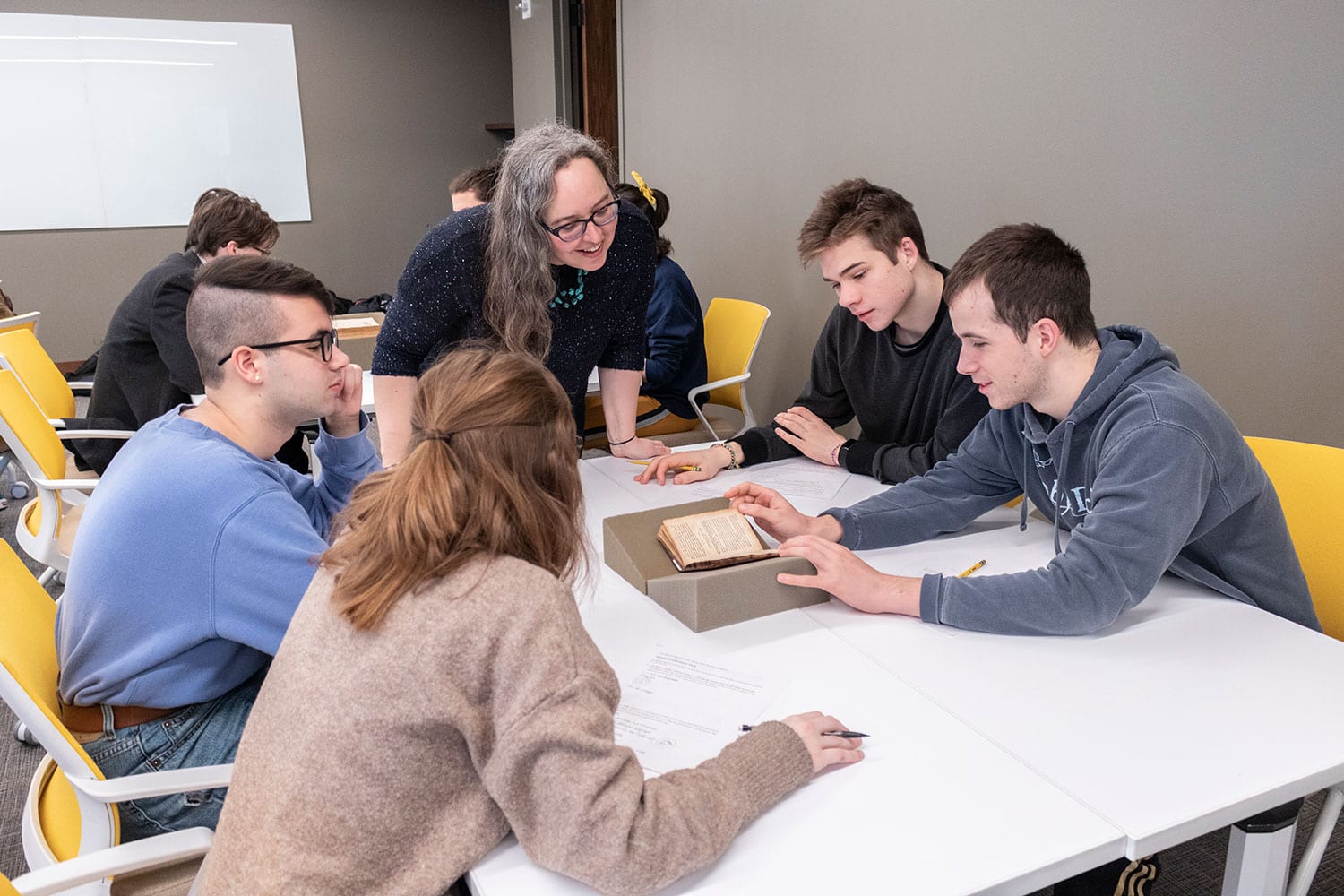Course Title: “Technology and International Security”
Taught By: Associate Professor of Political Science Barak Mendelsohn
Says Mendelson:
The course investigates the diverse roles technology plays in international security. Technological developments shape strategic interactions between states, as well as between states and non-state armed actors. From the industrial revolution, through the introduction of the airplane and the tank in the early 20th century, the development of nuclear weapons during WWII, the emergence of the cyberspace domain, and the revolution in robotics, technology has been a central yet under-appreciated factor in international security. The course examines some of the different technological developments of the past several decades—nuclear weapons, biotechnology, drones, artificial intelligence, and social media—and the manner in which they affect how states perceive security threats, fight, gather intelligence, and conduct deterrence and coercion efforts.
Among the interesting questions emerging from these revolutions in technology we are discussing in this class: Do influence campaigns reduce or increase the threat of war? Do new defensive systems contribute to strategic stability or undermine it? How does the new technological landscape shape the rise and resilience of nonstate armed groups (especially terrorist organizations)? How do armed non-state actors use technology? Are technological developments leveling the playing field between states and non-state armed actors? Can war take place in cyberspace? How do new technologies facilitate confidence and security building measures? Can new technological developments strengthen peace efforts?
Like many others who have experienced the tremendous technological revolutions of the past four decades, I’ve been searching for conceptual tools to understand this change. As a scholar of international security, and especially of non-state violence, the impact of emerging technologies on the security landscape has also piqued my interest. After all, technological innovations are threatening to make old conceptions about how conflict evolves obsolete. Thus, I thought that teaching a course of the subject would allow me, with dedicated and smart Tri-Co students, to start understanding what is the role of technology in international politics, and how it varied throughout history, while exploring the specific working and impact of particular recent technologies.
While technology is pervasive in our class discussions of politics, whether domestic or international, this class is the first time the political science department offers a course dedicated to the role of technology. Moreover, the particular nature of the subject would, I hope, lead more students from other disciplines—especially students from the natural sciences who are more familiar with the technology side of the subject—to examine the interaction between technology and international relations and more generally, to think about technology from its political and societal sides too.
Learn more about other courses offered by the Department of Political Science.

